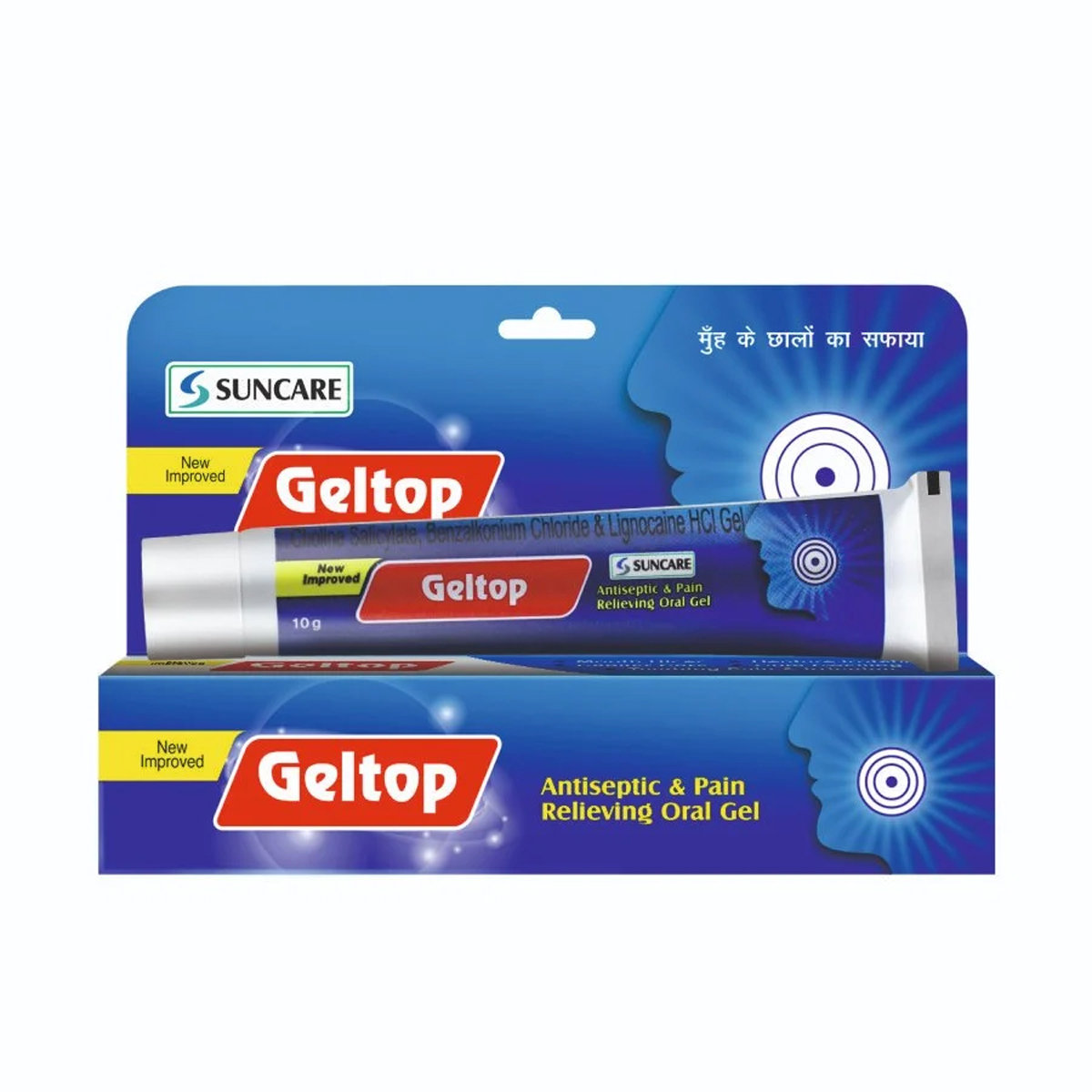Benzoxonium Chloride+lidocaine
About Benzoxonium Chloride+lidocaine
Benzoxonium Chloride+lidocaine is a combination medicine used to treat gingivitis, mouth ulcers and mouth infections. Gingivitis is gum inflammation caused by bacteria; if left untreated, it can lead to periodontitis (gum infection that damages gums and can destroy the jawbone); this can cause the gum to separate from teeth leading to loss of teeth. Mouth ulcers, also known as canker sores, are small, painful lesions that develop in the mouth or gums' base. Mouth infections occur due to the overgrowth of bacteria in the mouth.
Benzoxonium Chloride+lidocaine contains Benzoxonium chloride and lidocaine. Benzoxonium chloride is an antiseptic that suppresses the growth of microorganisms in the mouth, thus preventing infections. Lidocaine provides numbing effects and helps in reducing pain sensation.
Use Benzoxonium Chloride+lidocaine as advised by the doctor. Sometimes, Benzoxonium Chloride+lidocaine may cause a burning sensation, dry mouth, metallic taste, and teeth staining. Most of these side effects do not require medical attention and gradually resolve over time. However, consult your doctor if the side effects persist or worsen.
Do not use Benzoxonium Chloride+lidocaine if you are allergic to any ingredients present in it. Consult your doctor if you are pregnant or breastfeeding. Avoid using Benzoxonium Chloride+lidocaine for a prolonged duration. Do not use Benzoxonium Chloride+lidocaine in children unless prescribed by the doctor. It is advised not to eat or drink immediately after using Benzoxonium Chloride+lidocaine. Maintain good oral hygiene and brush twice daily to avoid infection.
Uses of Benzoxonium Chloride+lidocaine
Medicinal Benefits
Benzoxonium Chloride+lidocaine is a combination of Benzoxonium chloride and lidocaine. Benzoxonium chloride is an antiseptic that suppresses the growth of microorganisms in the mouth, thus preventing infections. Lidocaine provides numbing effects and helps in reducing pain sensation. Together, Benzoxonium Chloride+lidocaine helps treat gingivitis, mouth ulcers and mouth infections.
Directions for Use
Storage
Side Effects of Benzoxonium Chloride+lidocaine
- Metallic taste
- Burning sensation
- Dry mouth
- Staining of teeth
Drug Warnings
Do not swallow it. It is for external use only. Benzoxonium Chloride+lidocaine should be avoided if you are allergic to any of its contents. Before using Benzoxonium Chloride+lidocaine, inform your doctor if you are pregnant, intending to become pregnant, or nursing. After using Benzoxonium Chloride+lidocaine, do not drink tea, coffee, or smoke for at least an hour. To maintain good oral hygiene, brush your teeth at least twice daily to avoid any oral infection and its spread.
Drug Interactions
Drug-Drug Interactions: No interactions found/established.
Drug-Food Interactions: No interactions found/established.
Drug-Disease Interactions: No interactions found/established.
Drug-Drug Interactions Checker List:
Safety Advice

Alcohol
cautionIt is not known whether Benzoxonium Chloride+lidocaine interacts with alcohol. However, as a precautionary measure, it is advisable to avoid or limit alcohol.

Pregnancy
cautionNo harmful effects in human pregnancy have been reported. However, Benzoxonium Chloride+lidocaine should be used only when your doctor assesses the benefits and risks.

Breast Feeding
cautionBenzoxonium Chloride+lidocaine is probably safe to use during breastfeeding. However, consult your doctor before using Benzoxonium Chloride+lidocaine.

Driving
not applicableBenzoxonium Chloride+lidocaine does not have any effect on driving or operating machines.

Liver
safe if prescribedNo interactions were found. Safely used due to minimal systemic absorption of Benzoxonium Chloride+lidocaine.

Kidney
safe if prescribedNo interactions were found. Safely used due to minimal systemic absorption of Benzoxonium Chloride+lidocaine.

Children
cautionBenzoxonium Chloride+lidocaine is not recommended for use in toddlers and young children.
Habit Forming
Diet & Lifestyle Advise
- Choose foods high in protein. Examples of protein-rich soft foods include ground meats, eggs, cottage cheese, yoghurt, custard, beans, lentils, and smoothies.
- Consume modest, regular meals. It may be easier for you to consume fewer portions at a time.
- Drink through a straw. This can assist in moving foods past the unpleasant sores in your mouth.
- Every day, drink at least 8-10 eight-ounce glasses of water. Drink fluids in between meals.
- Citrus fruits and juices, salty or spicy foods, and acidic foods like tomatoes are all things to avoid if you have mouth sores.
- Do not consume carbonated or caffeinated beverages, beer, wine, liquor, or any other sort of alcohol.
- Avoid alcohol. Alcohol can irritate the mouth.
- Hot foods can induce tongue and throat irritation.
- Maintain good oral hygiene. Rinse your mouth numerous times every day.
- Use alcohol-free mouthwash. A painful mouth is exacerbated by alcohol.
- Use a toothbrush with gentle bristles.
- Avoid smoking cigars and using tobacco products.
Patients Concern
Disease/Condition Glossary
Gingivitis: Gingivitis is periodontal or gum disease with swollen and bleeding gums, which can be caused due to various bacteria; if left untreated can lead to periodontitis and, eventually, loss of teeth. Its signs and symptoms include bleeding from gums, swollen gums, a loose tooth and sometimes foul oral smell.
Mouth ulcers: Mouth ulcers, also known as canker sores, are small, painful lesions that develop in the mouth or at the base of the gums. These can make you uncomfortable while eating, drinking, and talking. Mouth ulcers usually heal within a few weeks and are not contagious. People with a family history of canker sores are more likely to develop mouth ulcers. Minor mouth injury from dental work or hard brushing, acidic foods, lack of essential vitamins, dental braces, emotional stress, and viral, bacterial or fungal infections could be a cause of developing mouth ulcers.
Mouth infections: Mouth infections occur due to the overgrowth of bacteria in the mouth. Symptoms include swollen gums, bad breath, teeth sensitivity, and unpleasant taste changes.
FAQs
Benzoxonium Chloride+lidocaine is a combination of Benzoxonium chloride and lidocaine. Benzoxonium Chloride+lidocaine contains Benzoxonium chloride and lidocaine. Benzoxonium chloride is an antiseptic that suppresses the growth of microorganisms in the mouth, thus preventing infections. Lidocaine provides numbing effects and helps in reducing pain sensation.
Yes, Benzoxonium Chloride+lidocaine can discolour your teeth if taken for an extended period. It is temporary and vanishes when you stop using the Benzoxonium Chloride+lidocaine. Brushing your teeth properly will help to keep stains at bay. Also, avoid the consumption of tea and coffee.
Gum disease is caused by plaque build-up on the teeth. Plaque is a bacterial-infested sticky substance. Some bacteria in plaque are harmless, but others are hazardous to your gums. Plaque builds up on your teeth and hurts your gums if you do not brush them. This might result in redness, bleeding, oedema, and pain.
After using Benzoxonium Chloride+lidocaine, avoid eating, drinking, or brushing your teeth for 30-60 minutes.
No, it is recommended to use only if the doctor recommends it.







